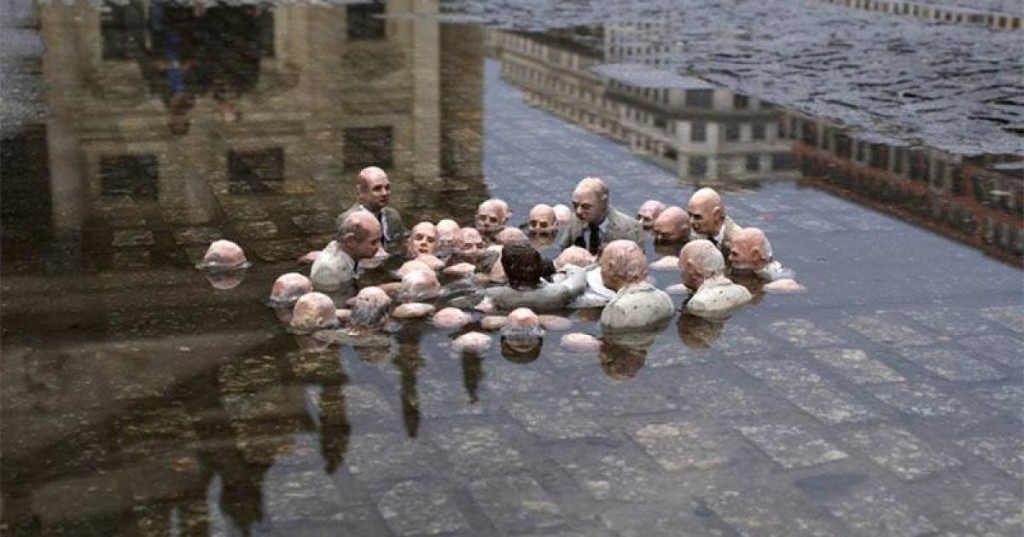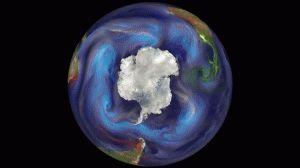
Why is no one talking about climate change?
A 2014 Gallop poll found that more than half (56 percent) of Americans are concerned a great deal or a fair amount about climate change. However, how often do you hear people bring up the subject of climate change in everyday conversation? It’s a downer, that’s true, but you think the impending doom of the climate as we know it would get more air time.
In a recent TED talk, David Roberts talks about why some people don’t like to talk about climate change- they think it’s too complicated.
Anytime you mention it, the hoards descend, bearing complicated stories about the medieval ice age or sun spots or water vapor… and you know there’s a lot of myths born by these climate skeptics but to debunk these myths you have to go online and research and read and be able to respond to them in detail and a lot of people just find that prospect dreary and so they don’t bother. -David Roberts
However, Roberts assures us that climate change is simple. You just need to know a few key facts.
1. Gases surround the Earth to warm it and keep it stable.
2. For the last 10,000 years the climate has been relatively stable (around +/- 1 degree C).
3. All advanced human civilization since the dawn of agriculture has taken place within this 10,000 year period of stability. In other words, our present society is built upon the Earth’s climate remaining the same.
4. However, humans are changing this past climate stability by burning fossil fuels and releasing carbon into the atmosphere. We’ve already raised the global average temperature 0.8 degrees C.
5. The data is very strong on the cause of climate change, but, in spite of this, we humans are not doing much to change our habits. Unfortunately, our present course leads to certain catastrophe.
The iconic “stay below 2 degrees C” is a goal almost certainly too high to be safe and too low to possible. At the rate we are going, global average temperatures could increase around 4 or 6 degrees C by the end of this century. This means a completely different Earth than the one we inhabit today. This means intense droughts, different coastlines, and vast amounts of uninhabitable land.
There are many complicated and fascinating discussions to be had about what to do about it or about what effect our actions might have on the climate and when or which policies are best based on cost benefit analysis. There’s complexity, plenty of complexity, for those who like complexity but we now know to a fair degree or certainty that if we keep doing what we are now doing, we will face unthinkable catastrophe.
That’s the bumper sticker, that’s the take home message.
And saying, ‘I don’t want to talk about that because I don’t know the ends and outs is like saying ‘I don’t want to raise alarms about Hitler’s army being 100 miles out because I don’t know the thread count of their uniforms or I don’t know the average calorie intake of a German solider. You don’t need to know those things to be scared that the army’s on the margin, to raise alarms about it.
-David Roberts
Now, it’s our job as citizens of the Earth to talk about what’s going to happen. We know potentially catastrophic change is coming. We know how to decrease the danger. Now we just have to take collective action as the human race.
[youtube_sc url=”http://www.youtube.com/watch?v=A7ktYbVwr90″ title=”Climate%20Change%20is%20Simple” border=”1″]

